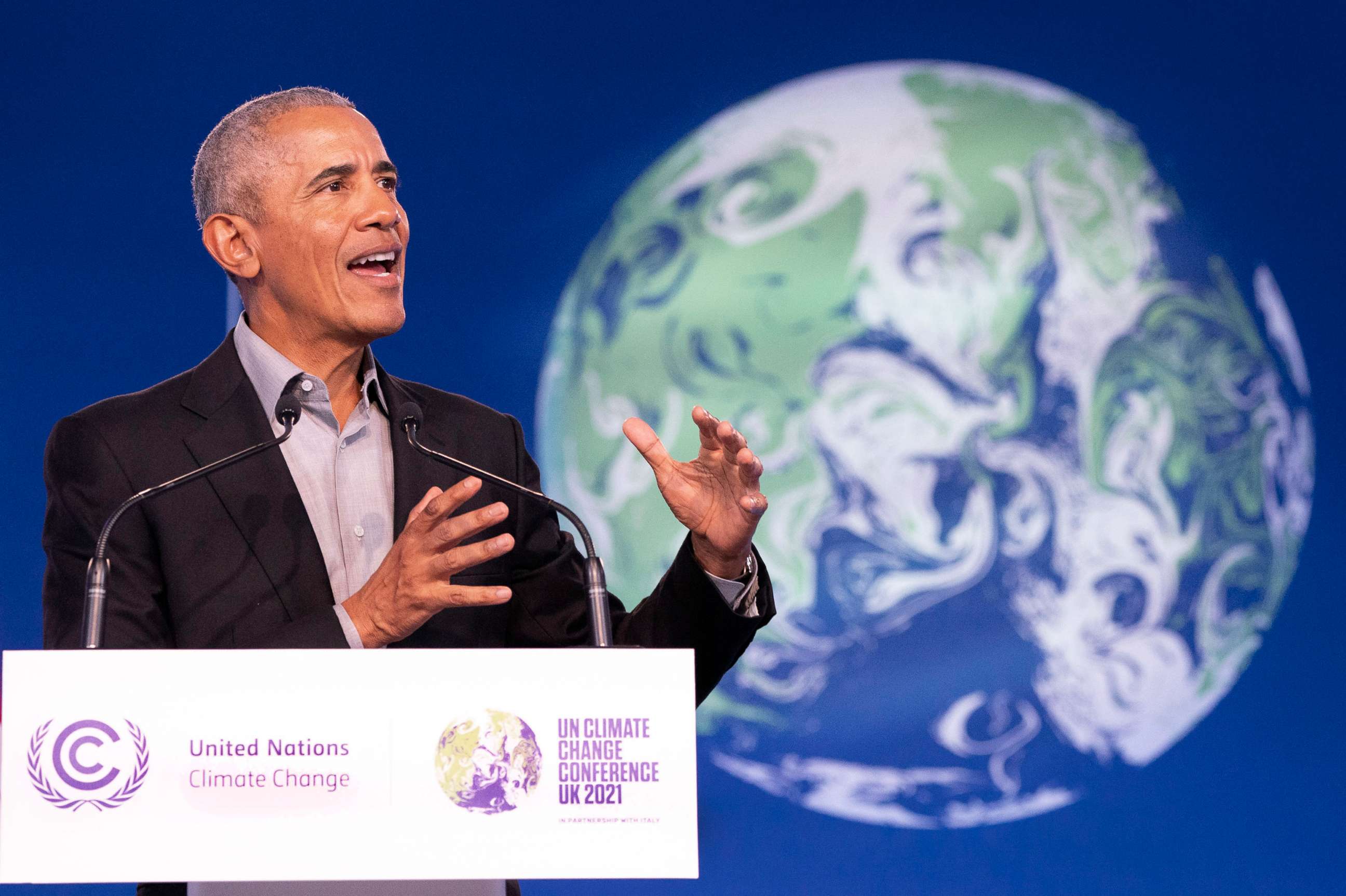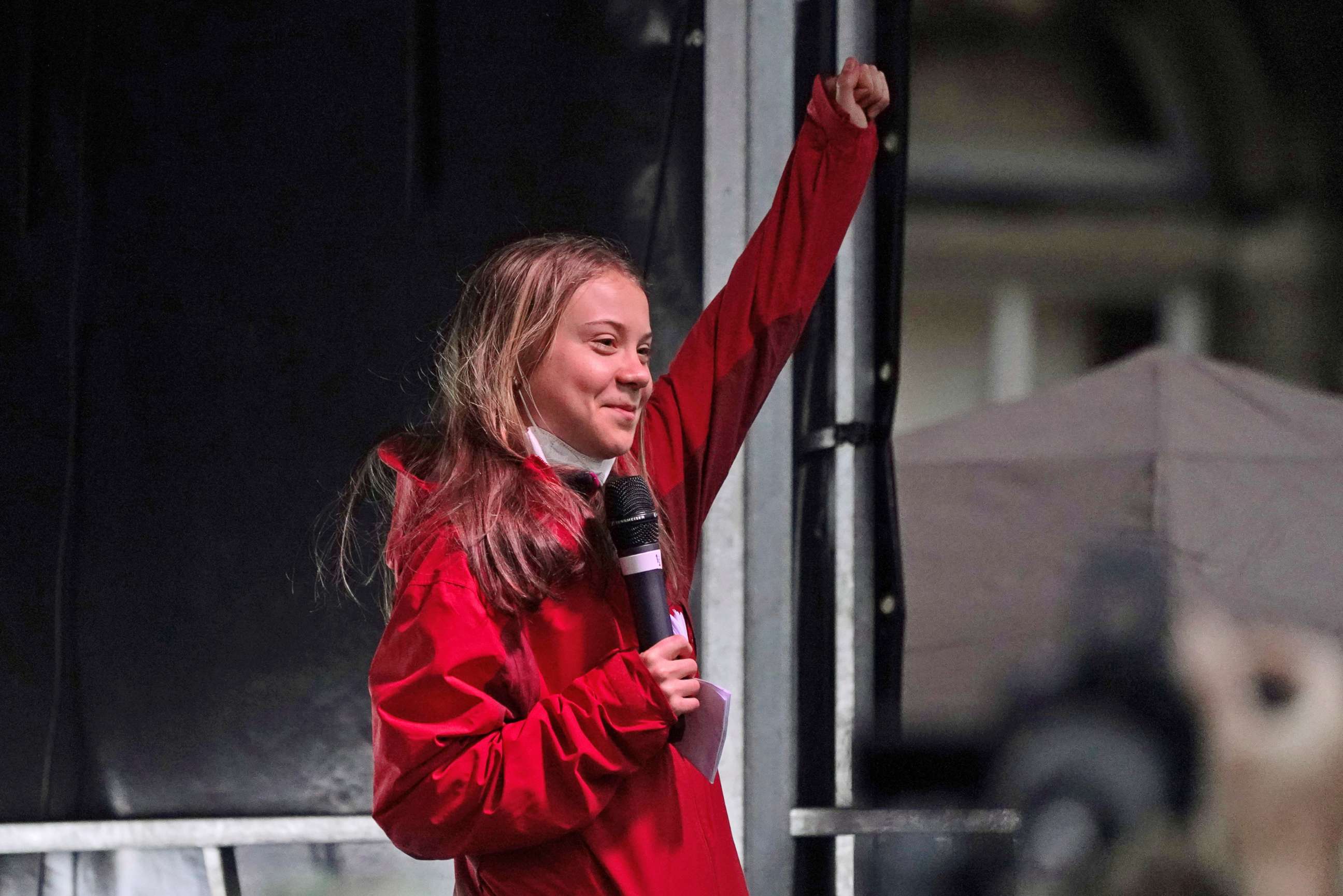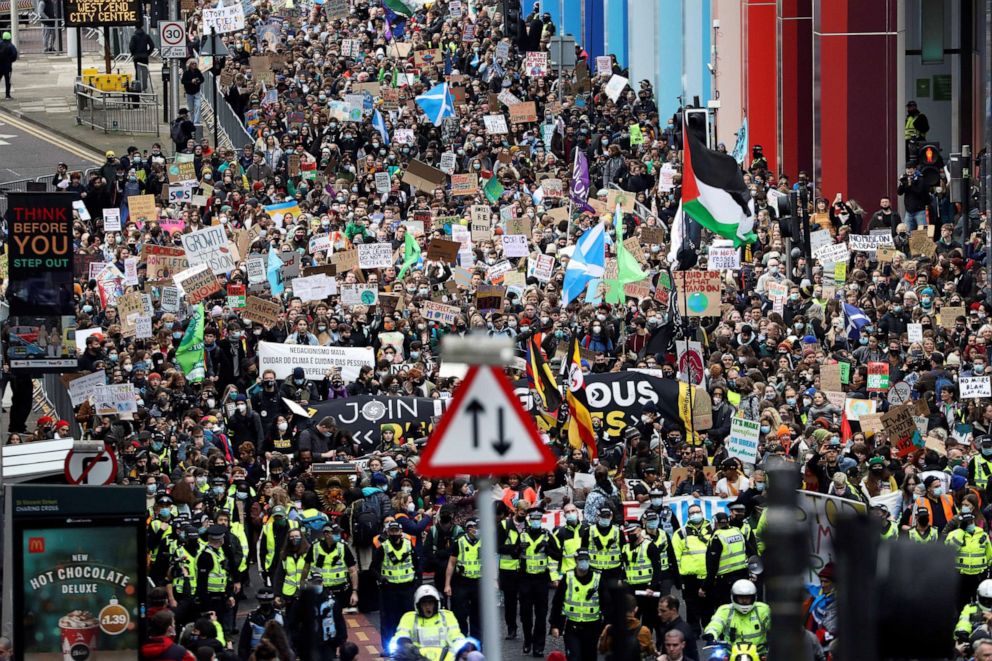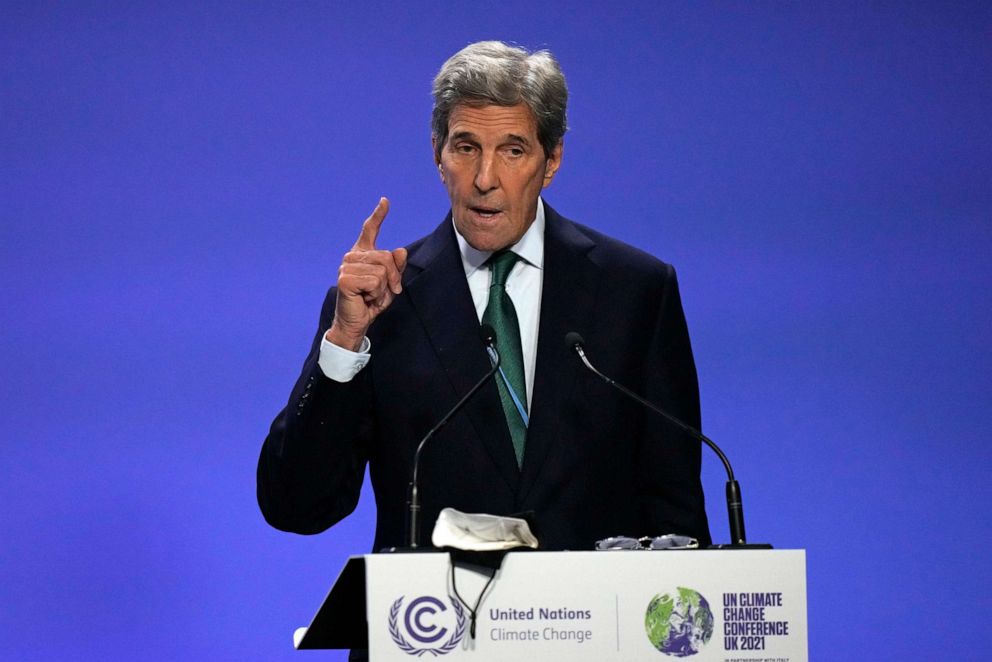Obama addresses COP26, endorses Biden’s 'Build Back Better' bill
During his speech at Monday's COP26 events, former President Barack Obama shined a spotlight on the upcoming midterm elections and called upon young Americans to consider climate when deciding how to vote.
“Saving the planet isn’t a partisan issue,” Obama said, frustrated over the divided government.
Obama endorsed President Joe Biden’s "Build Back Better" bill and drew a comparison to when “one of our two major parties” made climate change a partisan issue back during his tenure.

On climate change, Obama harkened back to the Paris Agreement, saying, “We have not done nearly enough to address the crisis.”
He called for countries to push for ambitious action and acknowledged that while older generations have failed the young, they “can’t afford hopelessness.”
Addressing the youth participating in protests outside COP26 in Glasgow, Scotland, the former president encouraged them to get more involved to deal with their anxiety over climate change.
“Protests are necessary to raise awareness. Hashtag campaigns can spread awareness,” Obama said. “But to build the broad-based coalitions necessary for bold action, we have to persuade people who either currently don't agree with us or are indifferent to the issue.”








